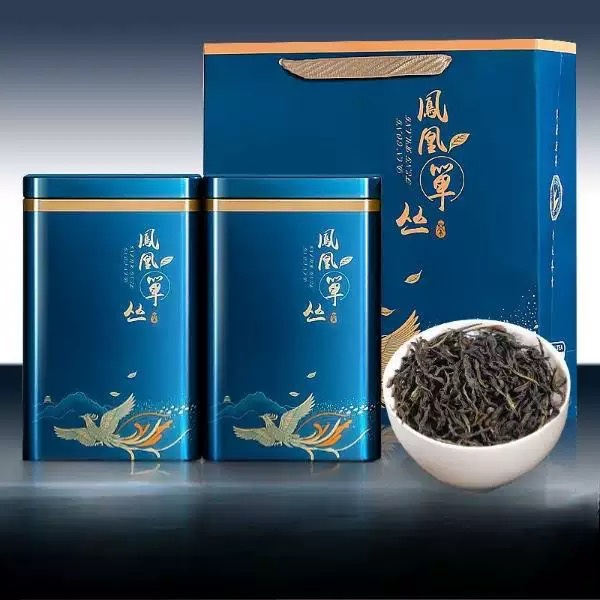
# Oolong Tea’s Impact on Metabolic Health
## Introduction
Oolong tea, a traditional Chinese tea that falls between green and black tea in oxidation levels, has gained significant attention for its potential health benefits. Among its many purported advantages, one of the most compelling areas of research focuses on oolong tea’s impact on metabolic health. This semi-oxidized tea contains unique compounds that may influence various aspects of metabolism, from fat burning to blood sugar regulation.
## Understanding Oolong Tea’s Composition
Oolong tea contains a rich profile of bioactive compounds that contribute to its metabolic effects:
– Polyphenols (especially catechins and theaflavins)
– Caffeine
– Theanine
– Various minerals and vitamins
The combination of these compounds works synergistically to influence metabolic processes in the body. Unlike fully oxidized black tea or unoxidized green tea, oolong’s partial oxidation creates a distinctive chemical profile that may offer unique metabolic benefits.
## Oolong Tea and Fat Metabolism
Several studies have investigated oolong tea’s effect on fat metabolism:
### Thermogenesis and Fat Oxidation
Research suggests that oolong tea may increase energy expenditure and fat oxidation. A study published in the Journal of Nutrition found that consuming oolong tea increased fat oxidation by 12% compared to water. The caffeine and polyphenols in oolong tea appear to work together to enhance thermogenesis – the body’s process of burning calories to produce heat.
### Lipase Inhibition
Some compounds in oolong tea may inhibit pancreatic lipase, an enzyme responsible for breaking down dietary fats in the intestines. This mechanism could potentially reduce fat absorption, though more research is needed to confirm this effect in humans.
## Blood Sugar Regulation and Insulin Sensitivity
Oolong tea may positively influence glucose metabolism:
### Improved Insulin Sensitivity
Regular consumption of oolong tea has been associated with improved insulin sensitivity in some studies. The polyphenols in oolong may help cells respond better to insulin, potentially reducing the risk of insulin resistance and type 2 diabetes.
### Postprandial Glucose Control
Research indicates that drinking oolong tea with meals may help moderate blood sugar spikes after eating. A study in Diabetes Care found that oolong tea consumption was associated with lower post-meal glucose levels in patients with type 2 diabetes.
## Weight Management Potential
The combined effects on fat metabolism and blood sugar regulation make oolong tea an interesting candidate for weight management:
### Appetite Regulation
Some evidence suggests that oolong tea may help regulate appetite hormones, potentially leading to reduced calorie intake. The theanine content in oolong may also promote relaxation and reduce stress-related eating.
### Long-term Weight Maintenance
While not a magic bullet for weight loss, incorporating oolong tea as part of a healthy lifestyle may support weight management efforts. Its metabolic effects appear to be modest but potentially meaningful when combined with other healthy habits.
## Practical Considerations for Consumption
Keyword: Oolong Tea and Metabolism
To maximize oolong tea’s metabolic benefits:
– Choose high-quality, loose-leaf oolong when possible
– Brew with water around 85-95°C (185-205°F)
– Steep for 3-5 minutes to extract beneficial compounds
– Consume 2-3 cups daily for potential benefits
– Avoid adding excessive sugar or sweeteners
## Potential Limitations and Considerations
While oolong tea shows promise for metabolic health, it’s important to note:
– Effects are generally modest and should complement other healthy habits
– Caffeine content may affect sensitive individuals
– Quality and preparation methods influence bioactive compound levels
– More long-term human studies are needed to confirm many of these effects
## Conclusion
Oolong tea presents an intriguing natural option for supporting metabolic health. Its unique combination of compounds may influence fat metabolism, blood sugar regulation, and potentially weight management. While not a substitute for medical treatment or comprehensive lifestyle changes, incorporating high-quality oolong tea into a balanced diet may offer metabolic benefits worth considering. As with any dietary change, it’s advisable to consult with a
